
The scientist who tested his revolutionary medicine on his own brain cancer: ‘It seemed worth it to give it a crack’
ichard Scolyer was fully engaged in the business of living when he suddenly received a death sentence. A person more alive would be hard to find. As an endurance athlete competing across the globe, he was in peak physical condition. As one of the world’s leading pathologists on melanoma whose pioneering research has saved thousands of lives, he was in demand. At 56, Prof Richard Scolyer was flying along. His life, he says, was “rich”. And then, on the morning of 20 May 2023, he found himself losing consciousness and convulsing on the floor in a hotel room in Poland, panicking and scared.
After this grand mal seizure, he went for an MRI scan at University hospital in Krakow. It found a mass in his temporal lobe. Scolyer knew immediately it had delivered very bad news.
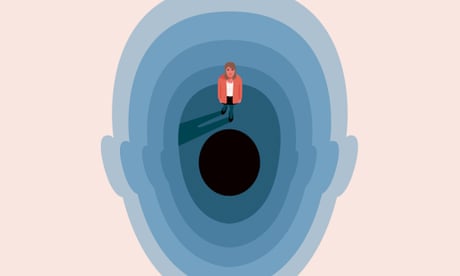
Having diagnosed other people with cancer many times, he knew exactly what the finding could mean. Most likely brain cancer. He knew the outcome for a high-grade glioma was “shockingly bad”. That a brain tumour is incurable, and he would have an “horrific last few months”. He descended into black despair; devastated, anxious, terrified. He cried and cried, weeping when he rang his children.
A biopsy operation performed in Sydney 12 days later would confirm the “worst of the worst”. It was an aggressive grade 4 IDH-wildtype glioblastoma – a terminal diagnosis.
“I didn’t want to die. I loved my life,” writes this year’s co-Australian of the Year in his new memoir Brainstorm. Only three weeks before the seizure he had represented Australia at the World Triathlon Multisport Championships in Ibiza. Now the certainties had been ripped away. Now his life was measured in months and weeks. Since that Saturday morning in Krakow he has been in unchartered waters.
Scolyer is remarkably optimistic for a man who did not expect to be alive when his book came out last month. But he is. “And kicking.” If somewhat cautiously. When you are attempting to revolutionise brain cancer treatment with a one-man clinical trial you can’t take anything for granted.

There is a notable absence of gravitas and ego in Scolyer. He seems humble, vulnerable. He has a way of making it feel like this conversation is the most important thing he has to do today. Which it most certainly is not.
Scolyer is the most published melanoma pathologist in the world, sent thousands of the most difficult cases each year. Soon after his own diagnosis, he decided to go public with his diagnosis as a way of keeping friends and colleagues informed, but mainly as a memory for his three kids. The news was greeted with an avalanche of messages. And now we all know what the inside of his skull looks like because his brain scans are on his social media.
For years before his brain tumour felled him on his Polish hotel room floor, Scolyer’s medical co-director at the Melanoma Institute Australia, Georgina Long (and his co-Australian of the Year), had led trials using a new class of immunotherapy drugs that had had spectacular results on patients with melanoma. “Basically what it’s doing is stimulating your body’s own immune system to recognise cancer cells and to kill them off,” Scolyer explains. They had learned the drugs were more effective if given before the tumour is taken out. In 15 years, the five-year survival rate for advanced melanoma had gone from 5% to 55%.

But while advances had been made in melanoma survival rates, the treatment for Scolyer’s aggressive glioblastoma had not changed in 20 years.
“Basically this sort of tumour spreads like tree roots that run through your brain. If you look down a microscope you can’t see where it ends,” says Scolyer. “So you can never cure it with surgery or radiation therapy. If you tried to cut the whole tumour out you wouldn’t have much brain left.”
Therapy usually focused on prolonging life with chemotherapy and radiation until palliative care and death.
From the moment she received the MRI scans from Poland, Long had been in action, consulting the Melanoma Institute’s world-leading experts and those around the world. Long had pioneered the successful use of immunotherapy for melanoma patients whose cancer had spread to the brain.
She and the team had been developing a plan for a radical treatment for her friend and colleague of 20 years. They would take what they had learned from immunotherapy and apply it to his cancer. It had never been tried before anywhere, was seriously risky and the stakes could not be higher – there was a 60% chance the side effects could kill him. If it caused major swelling in the brain, it could kill him within days.
They estimated there might be a 5% chance of saving his life; it might be less than 1%. To Scolyer, “it seemed worth it to give it a crack”.
Hoping the tumour did not grow bigger, he would delay the debulking surgery for as long as possible to give the drugs a chance to work. He would have a combination of three immunotherapy drugs intravenously. Fifteen days after the seizure, the first four-hour infusion began at the Mater hospital in Sydney. The second dose was delayed because of side-effects, including high temperatures, a rash and high enzymes in his liver. “I had a lot of [infusions] really close together every two weeks at the start.”
Through it all he kept running and cycling.
Twenty-eight days after Krakow, craniotomy neurosurgeon Brindha Shivalingam removed pieces of the tumour in a six-hour operation. She later admitted it had been emotional for her operating on a friend. She was careful not to take “the Richard out of Richard”.
Pathology results showed his immune cells were activated and hopefully attacking the tumour cells. “It was a phenomenal result,” Scolyer says. A possible new frontier for brain cancer.
News in the same category

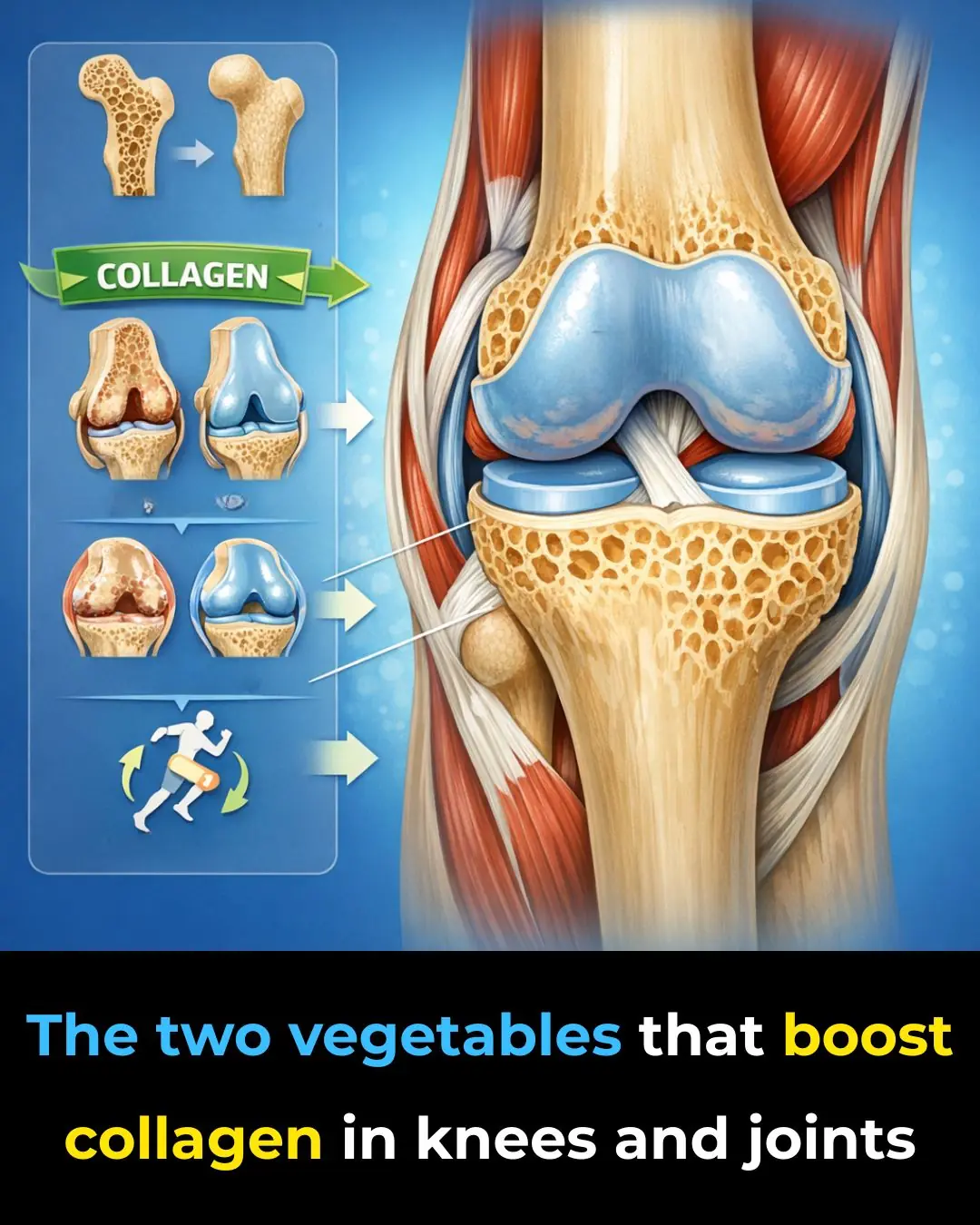
Doctors Are Amazed: Two Vegetables That Boost Collagen in the Knees and Relieve Joint Pain

9 Powerful Home Remedies to Eliminate Fungal Infections (Daad, Khaj, Khujli) Naturally and Fast
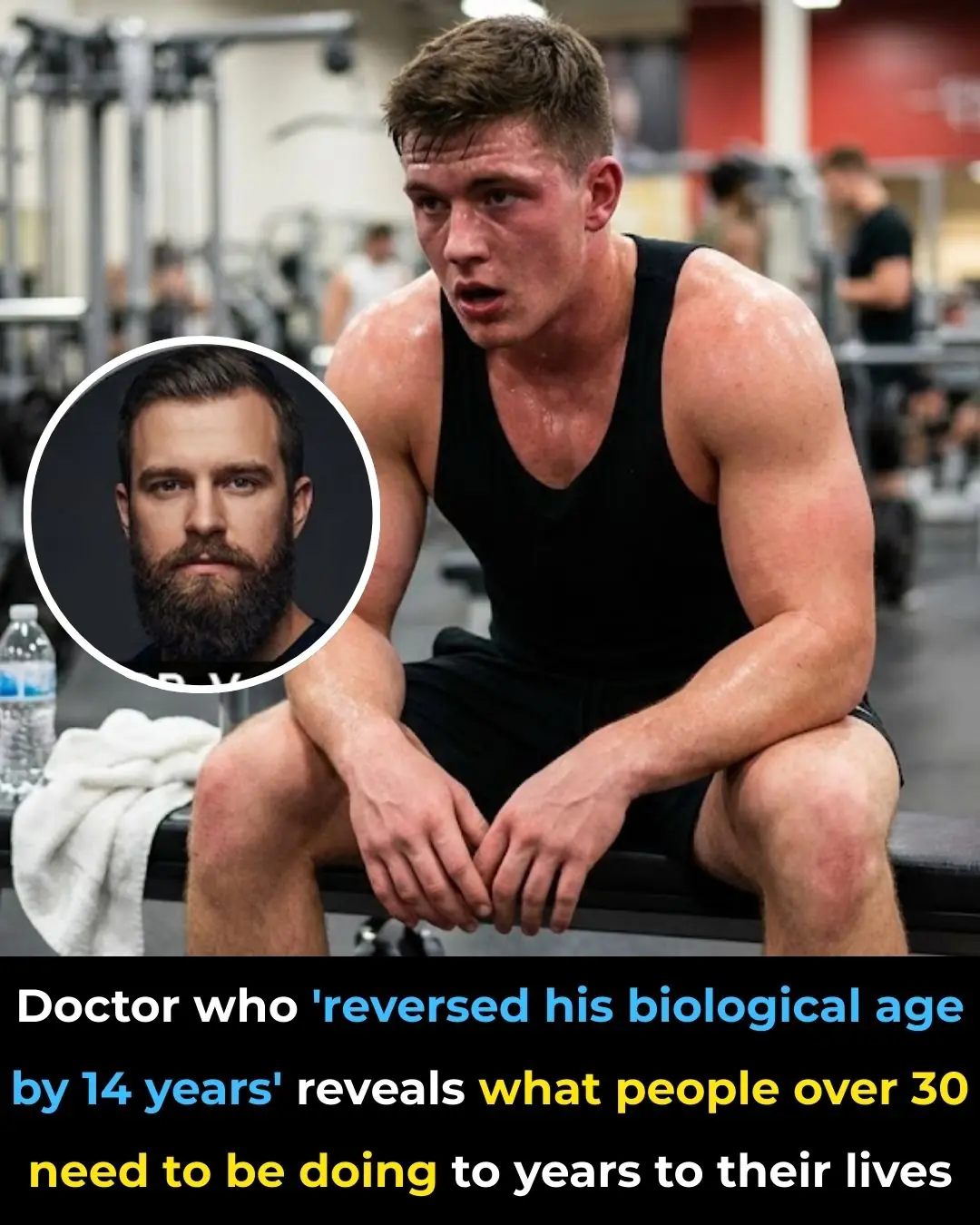
Longevity doctor who ‘reversed his biological age’ shares advice for people over 30

Doctors warn 5 everyday habits are slowly killing your kidneys
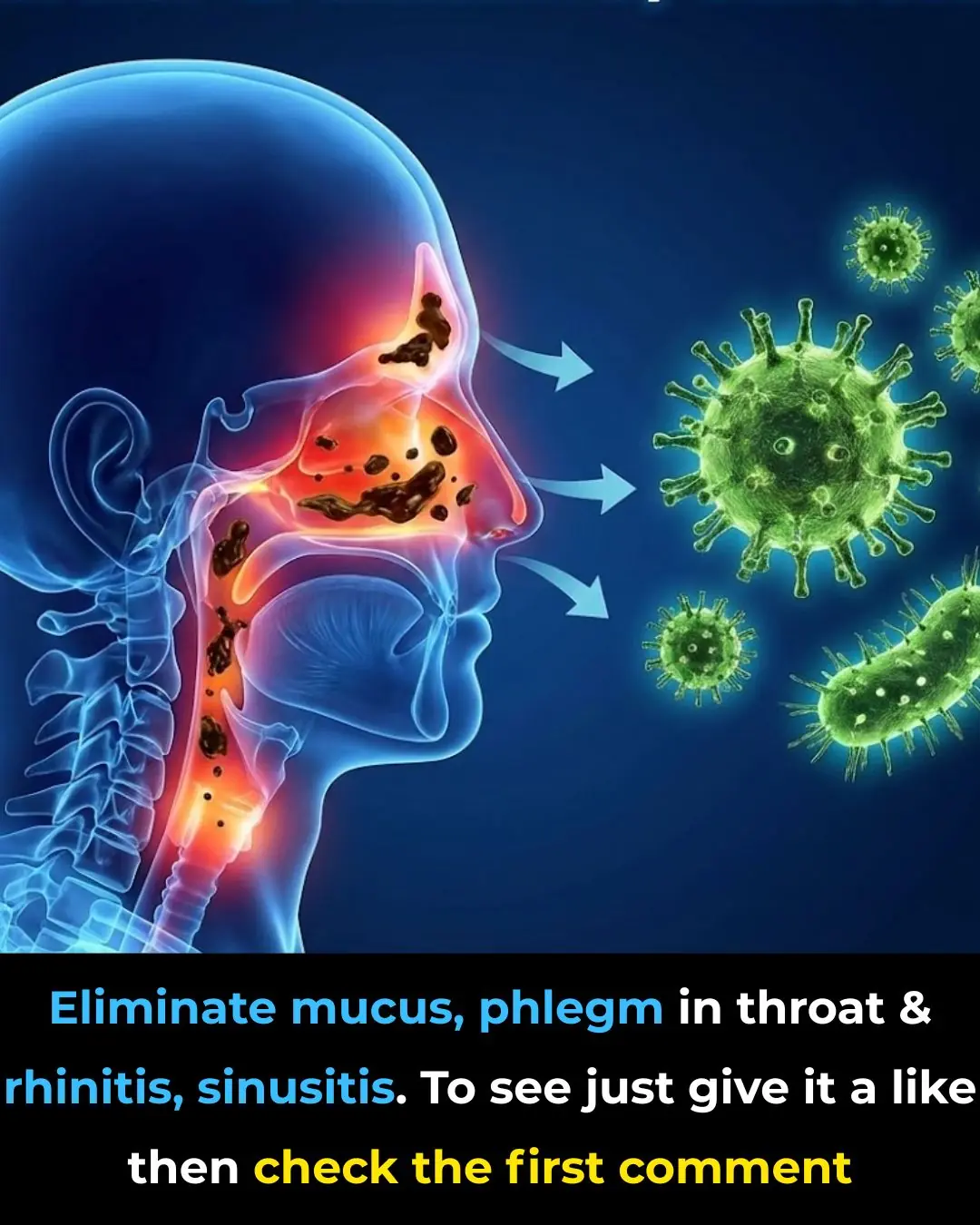
Eliminate Mucus, Phlegm in the Throat and Nose, and Rhinitis Naturally: Powerful Home Remedies

9 Powerful Home Remedies to Eliminate Fungal Infections (Daad, Khaj, Khujli) Naturally and Fast
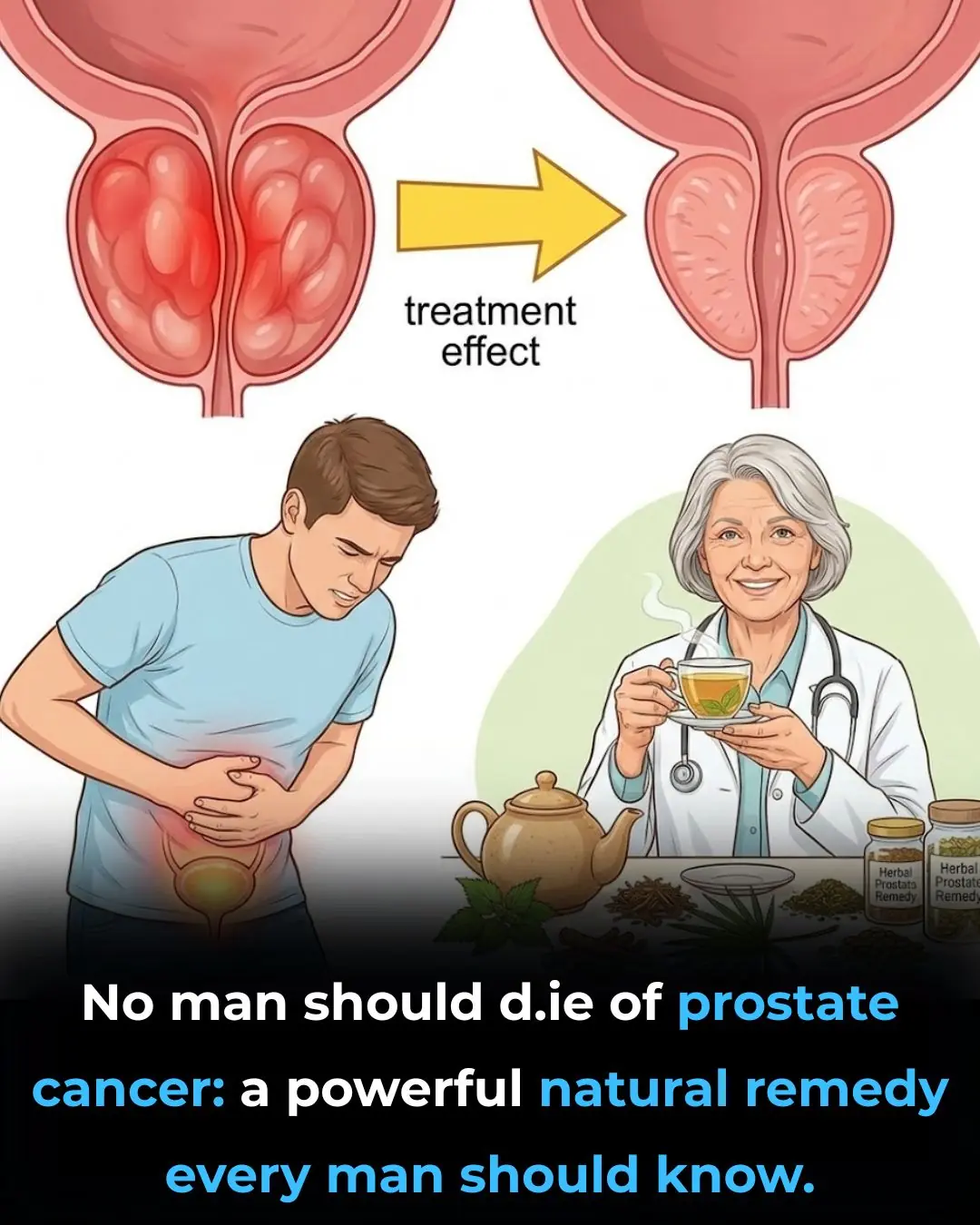
Natural Prostate Remedy: An Effective Herbal Option for Urinary Health
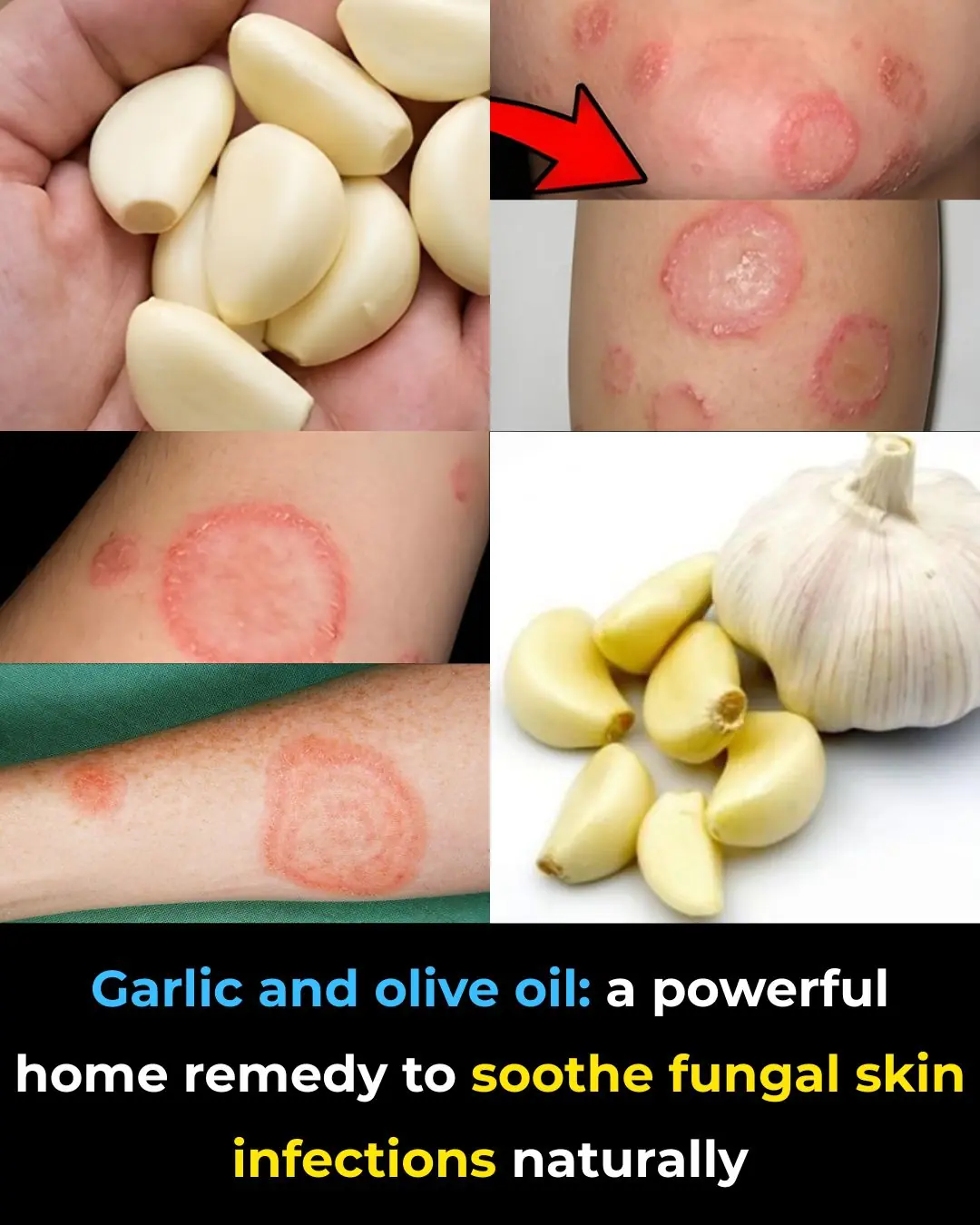
Garlic and Olive Oil: A Natural Way to Soothe Annoying Fungal Skin Infections at Home
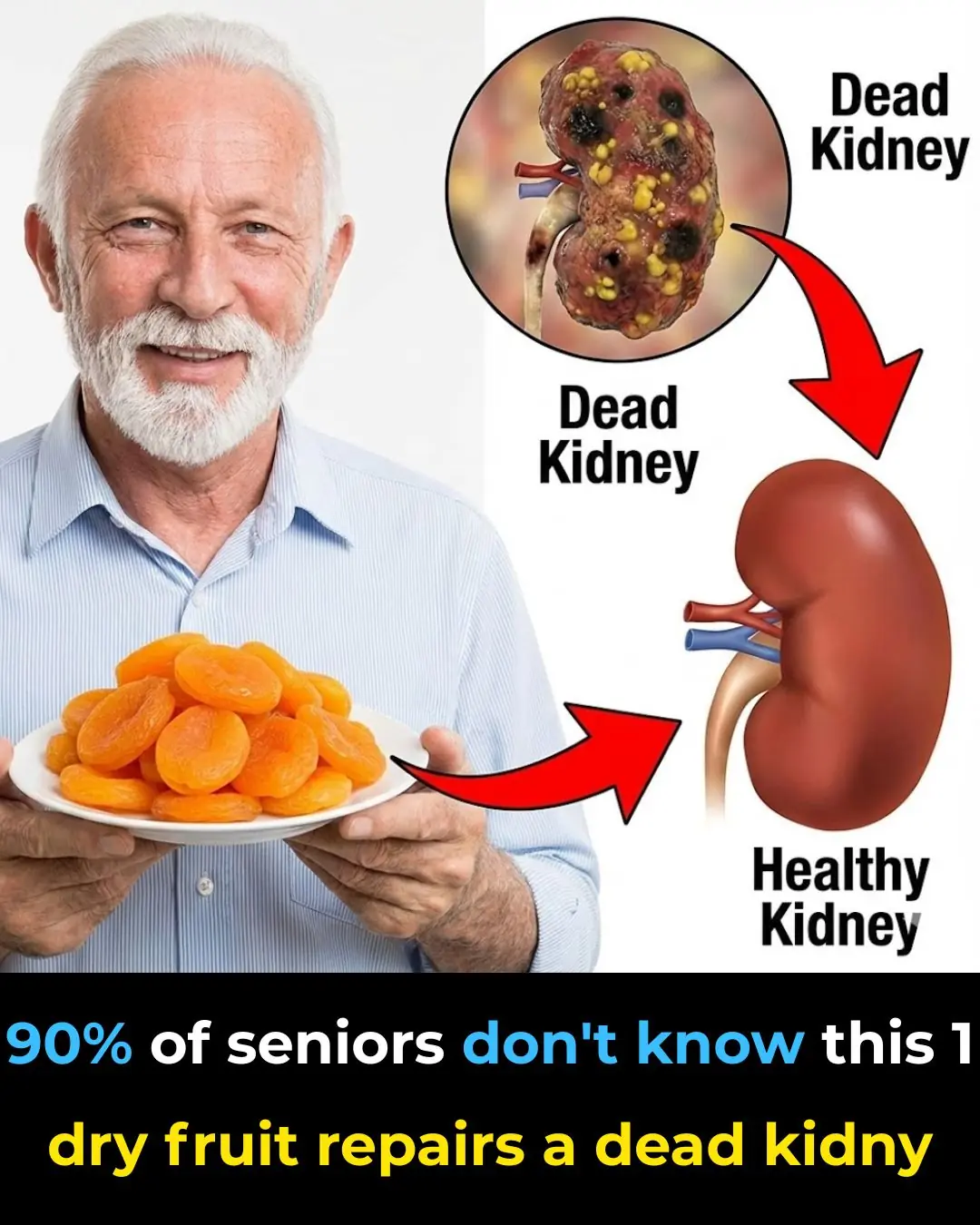
Top 5 Dried Fruits to Explore for Supporting Kidney Health After Age 60
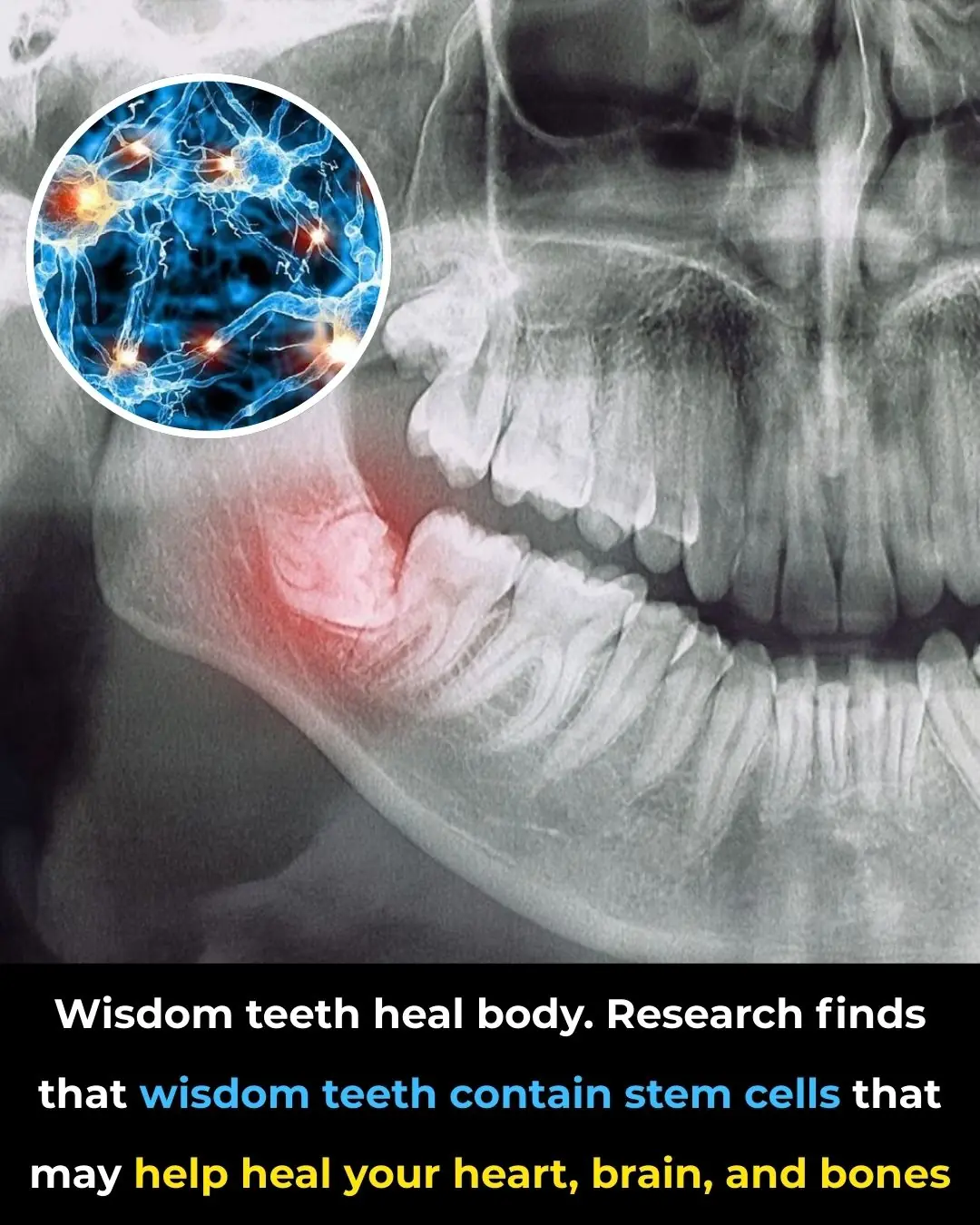
Wisdom Teeth: A Hidden Treasure for Regenerative Medicine 🦷✨

Key Findings from Recent Research
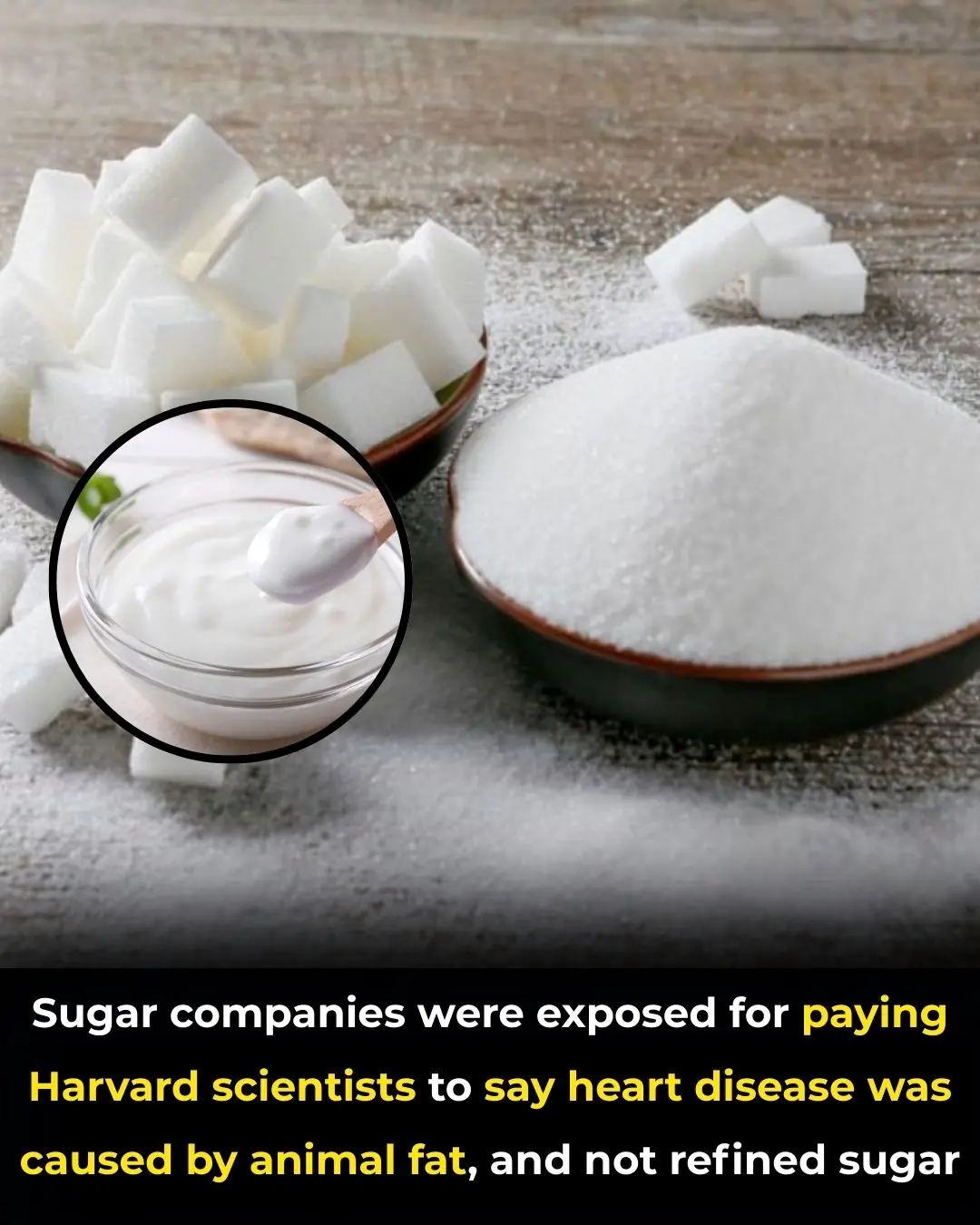
Historical Background: Fat vs. Sugar in Nutrition

4 Things Oncologists Do Regularly to Lower Their Cancer Risk

5 Foods to Avoid When Taking Blood Pressure Medication
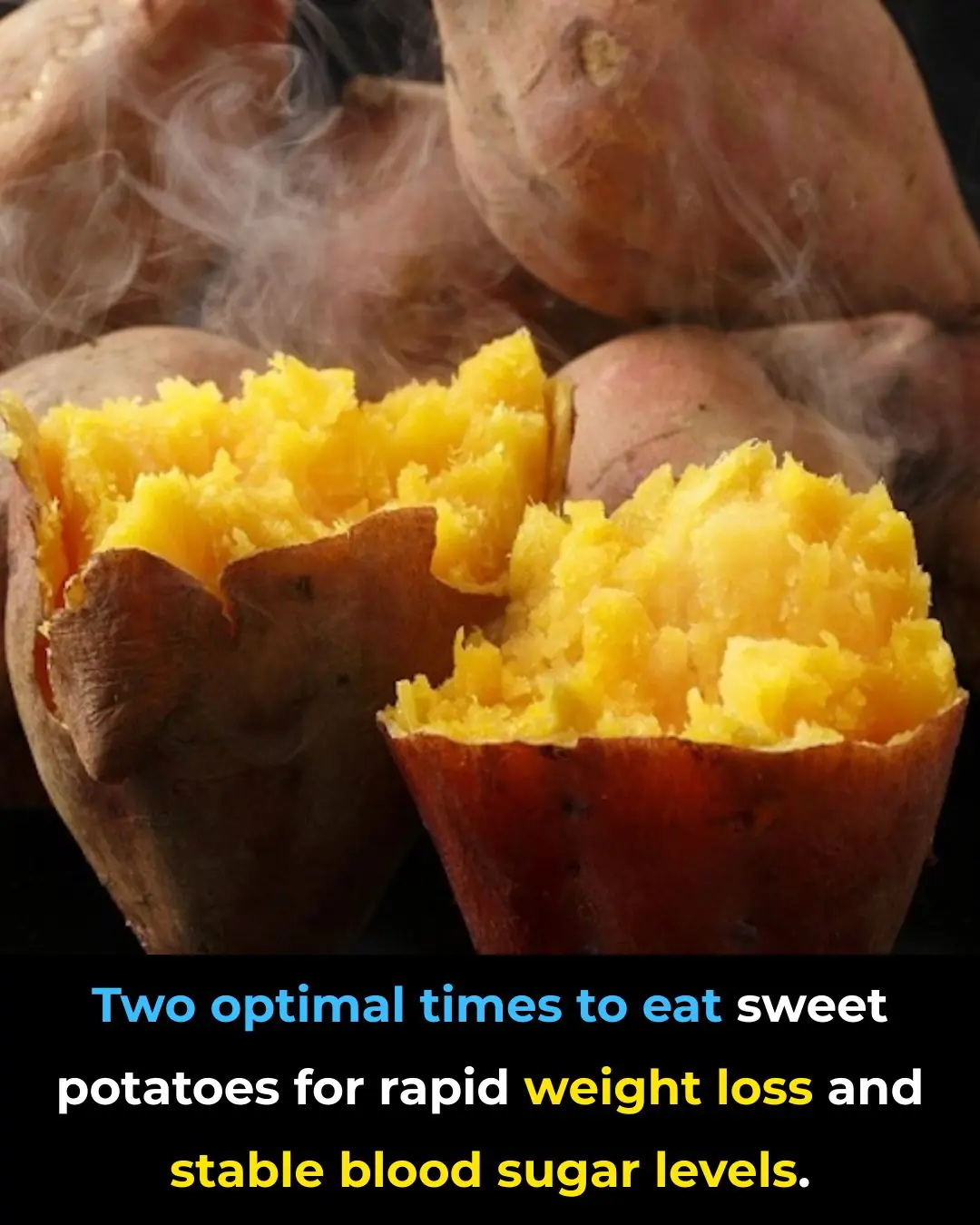
Two Ideal Times to Eat Sweet Potatoes for Fast Weight Loss and Stable Blood Sugar
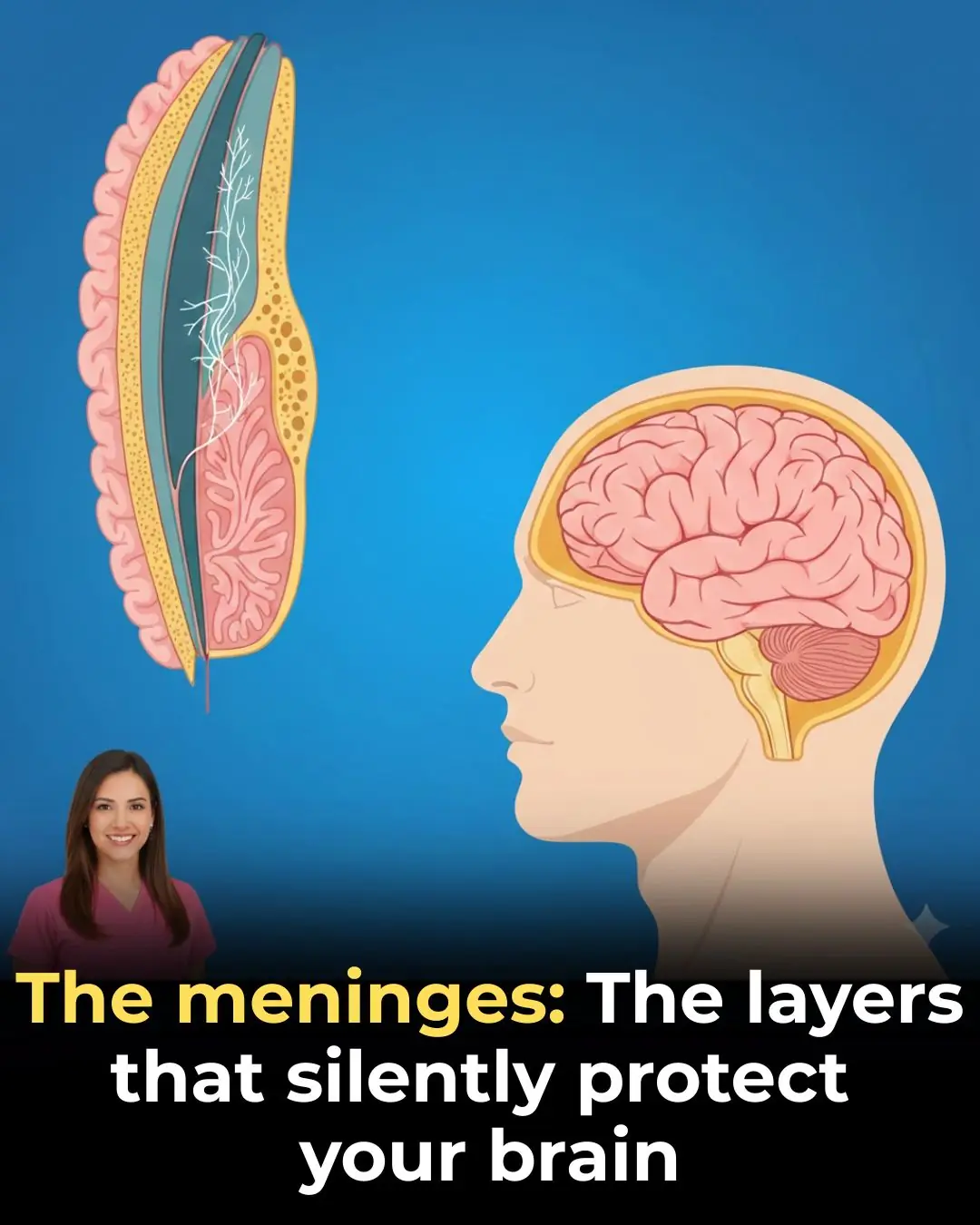
🧠 The Meninges: The Silent Layers That Protect Your Brain

The Vegetable Known as a “Natural Calcium Pill”: Containing Three Times More Calcium Than Milk and Seven Times More Than Eggs
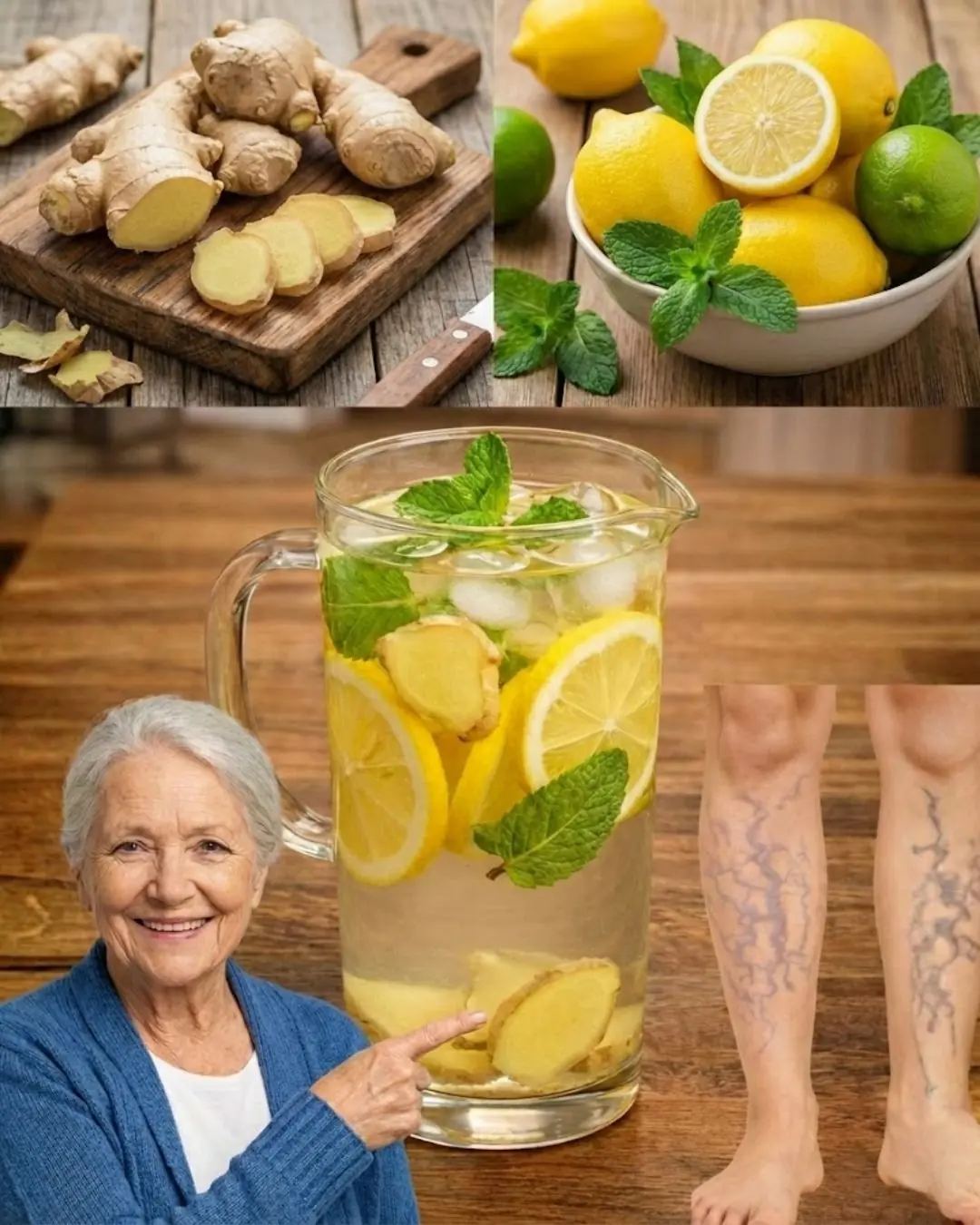
The Natural Remedy Everyone Aged 30–75 Should Try
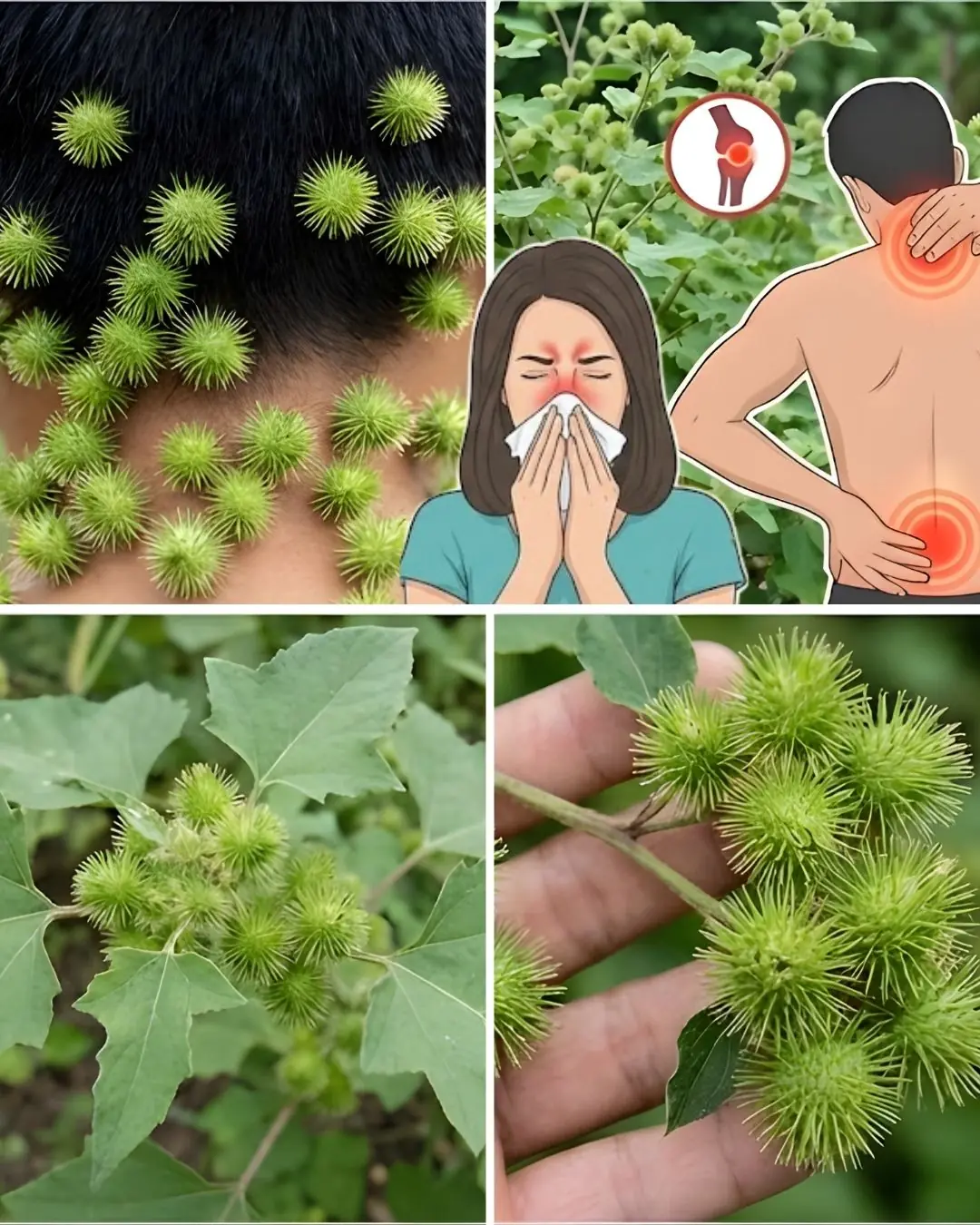
Cocklebur Uncovered: The Surprising Healing Potential of Xanthium Strumarium
News Post

She Thought He Was Just a Cop—Until She Found the Key That Changed Everything

I Married a Rich Old Man to Save My Father—On Our Wedding Night, He Removed His Mask

She Didn’t Come Home for 10 Years—Then She Heard the Pilot’s Voice and Broke Down in Tears

My Husband Planned a Romantic Dinner for His Mistress—So I Reserved the Next Table and Brought Her Husband

My Husband Was Cheating—and the Pool Gave Him Away

He Walked Into Court With His Lover—Then the Judge Spoke, and Everything Became Hers

🚨 Recurrent Yeast Infections? STOP Doing These Things Immediately!

Doctors Are Amazed: Two Vegetables That Boost Collagen in the Knees and Relieve Joint Pain

9 Powerful Home Remedies to Eliminate Fungal Infections (Daad, Khaj, Khujli) Naturally and Fast
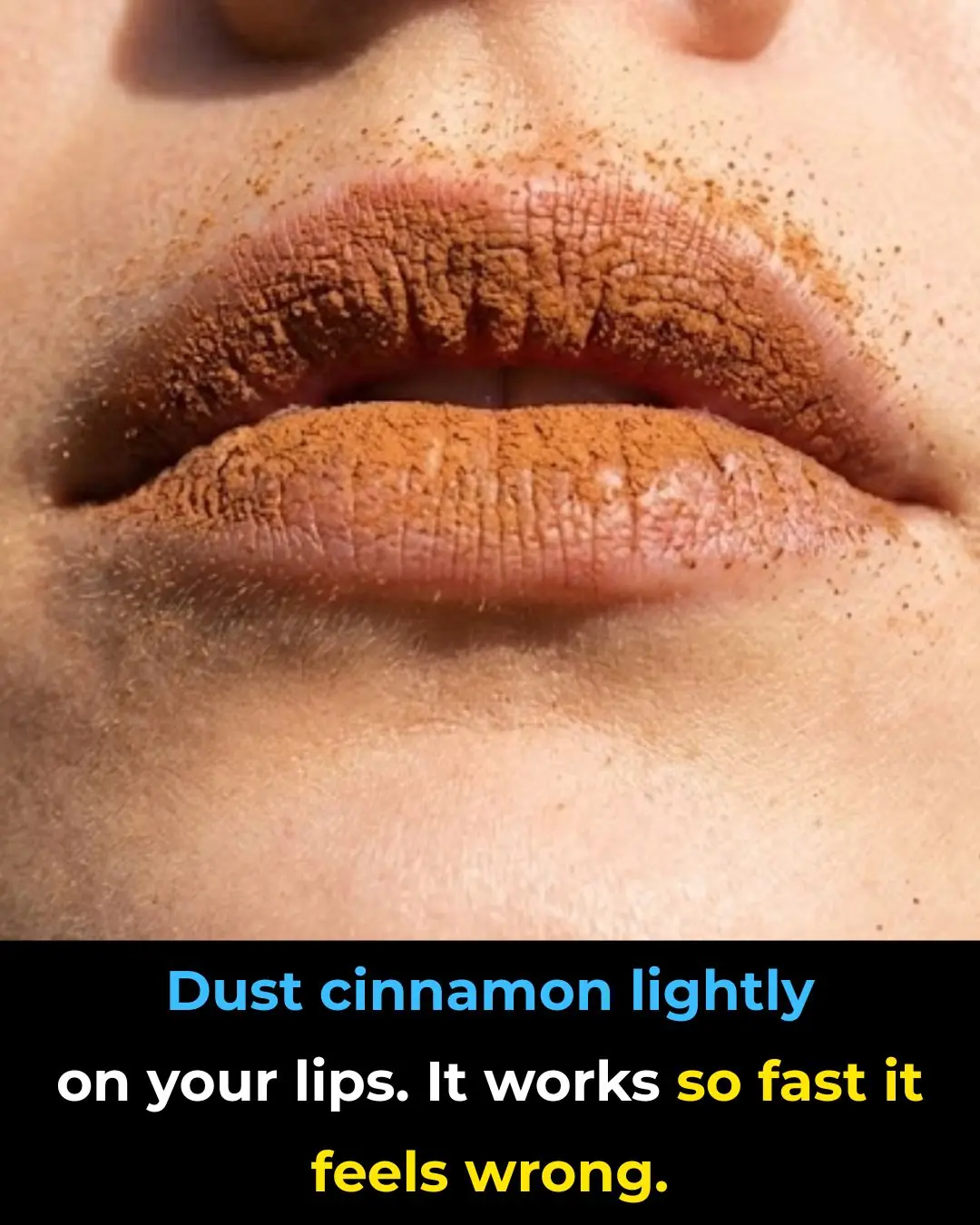
Dust cinnamon lightly on your lips. It works so fast it feels wrong
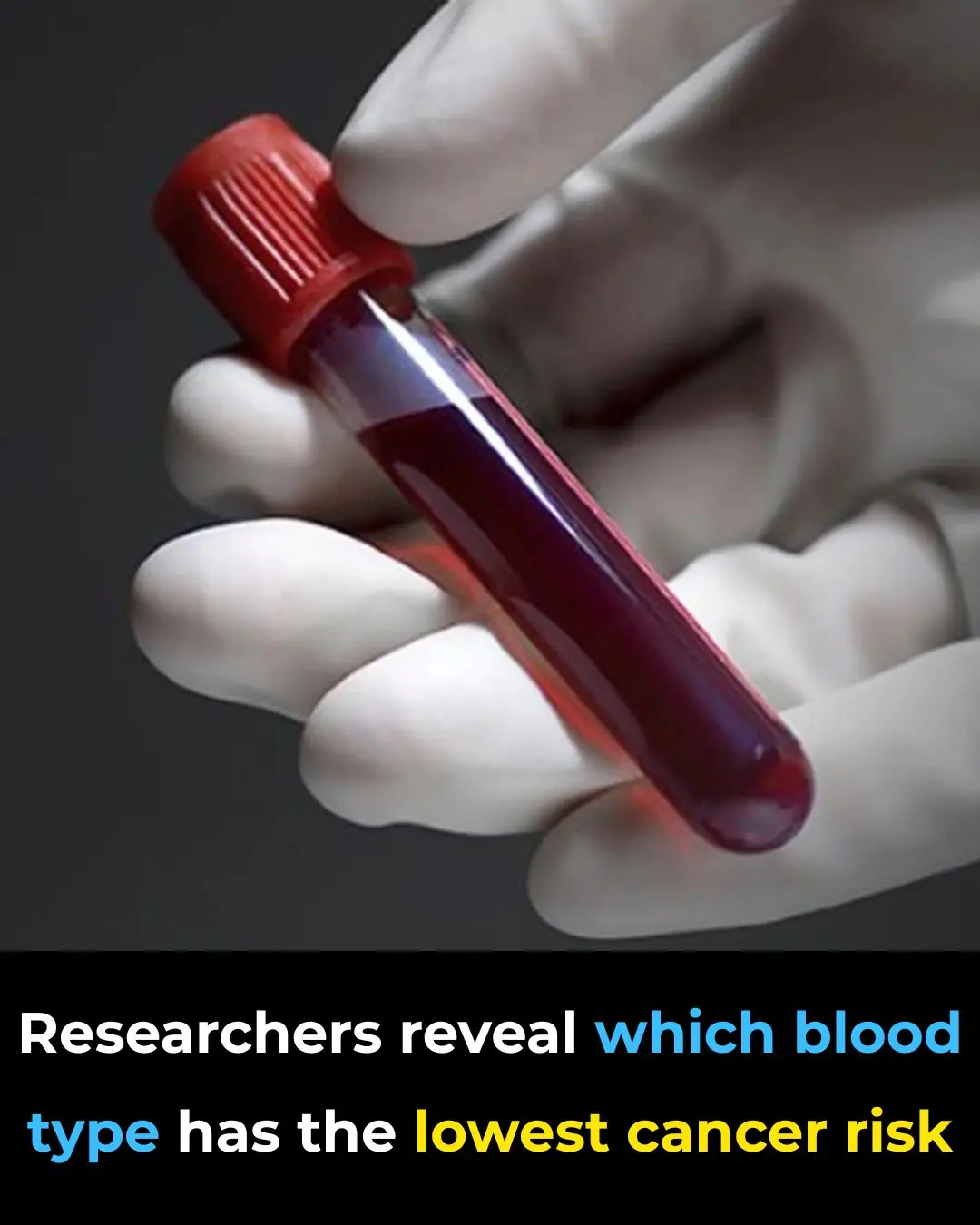
He Is the Least Likely to Have This Health Problem, According to Researchers

Longevity doctor who ‘reversed his biological age’ shares advice for people over 30

Doctors warn 5 everyday habits are slowly killing your kidneys

Eliminate Mucus, Phlegm in the Throat and Nose, and Rhinitis Naturally: Powerful Home Remedies

9 Powerful Home Remedies to Eliminate Fungal Infections (Daad, Khaj, Khujli) Naturally and Fast
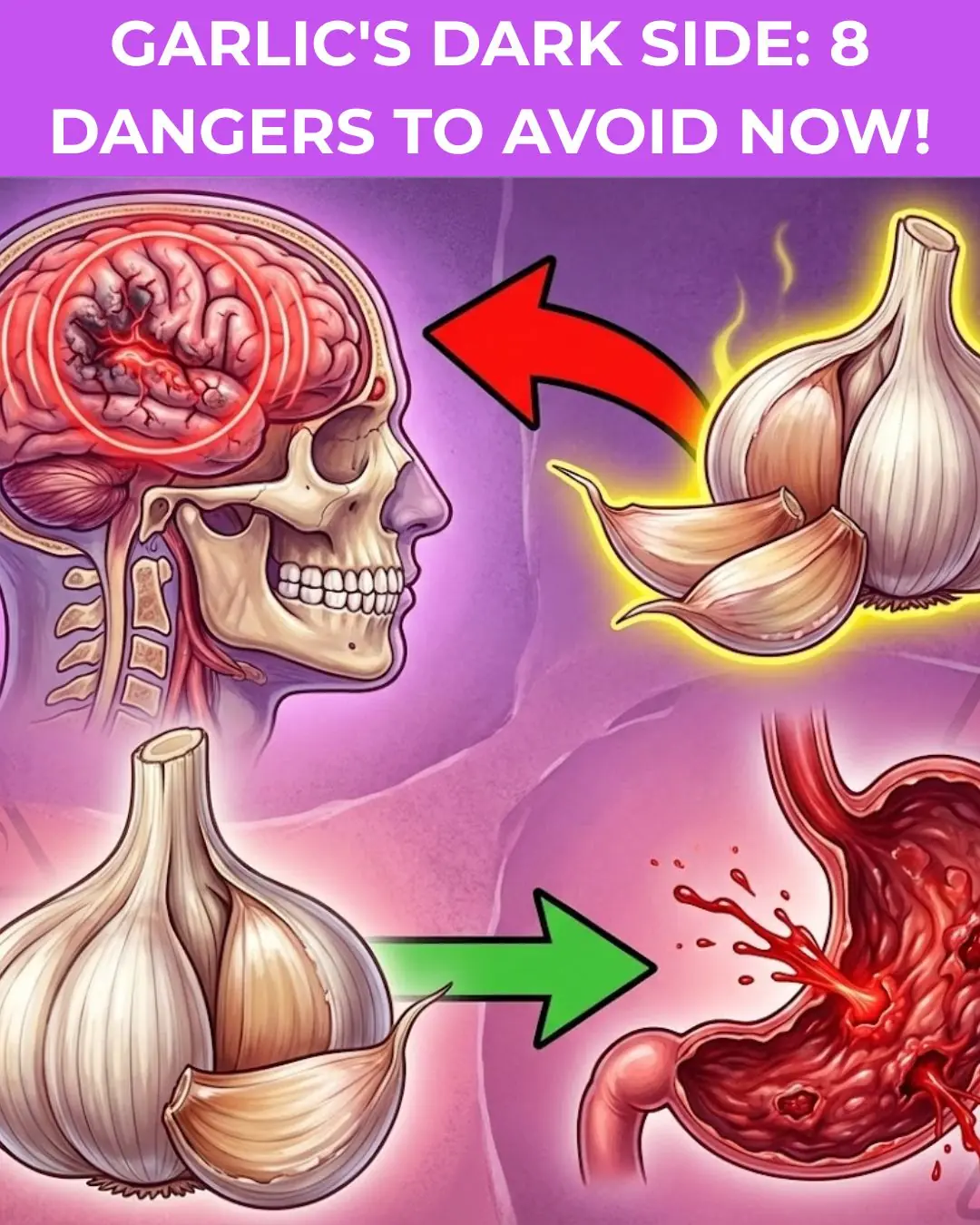
Eat Garlic Daily, But Avoid These 8 Common Mistakes That Ruin Its Benefits

Natural Prostate Remedy: An Effective Herbal Option for Urinary Health

Garlic and Olive Oil: A Natural Way to Soothe Annoying Fungal Skin Infections at Home

Top 5 Dried Fruits to Explore for Supporting Kidney Health After Age 60
